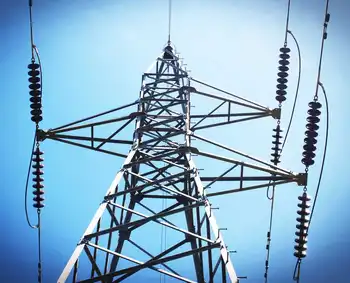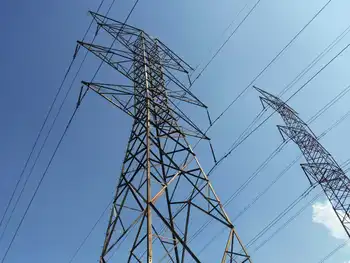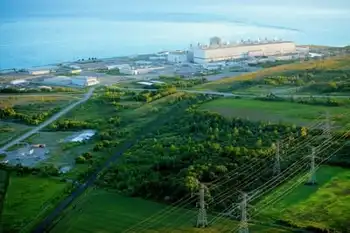Minnesota Signs Deal With Manitoba Hydro
WINNIPEG -- - The Minnesota Public Utilities Commission has unanimously approved a $1.7 billion power export deal with Manitoba Hydro.
It allows Minneapolis-based Xcel Energy to import power from Manitoba Hydro, despite the objections of aboriginal groups.
The 500-megawatt, 10-year deal was given the go-ahead.
It's an extension of an existing deal and will allow power to be exported until 2015.
Approval by Canada's National Energy Board is pending.
The Minnesota decision is a blow to the Pimicikamak Cree Nation of Cross Lake, Manitoba. They had asked the commission to first call a formal hearing into the social and economic impact of historic hydro development on their homeland.
Related News

Germany's Energy Crisis Deepens as Local Utilities Cry for Help
BERLIN - Germany energy liquidity crisis is straining municipal utilities as gas and power prices surge, margin calls rise, and Russian supply cuts bite, forcing state support, interventions, and emergency financing to stabilize households and businesses.
Key Points
A cash squeeze on German municipal utilities as soaring gas and power prices trigger margin calls and funding gaps.
✅ Margin calls and spot-market purchases strain cash flow
✅ State liquidity lines and EU collateral support proposed
✅ Gazprom cuts, Uniper distress heighten default risks
Germany’s fears that soaring power prices and gas prices could trigger a…




